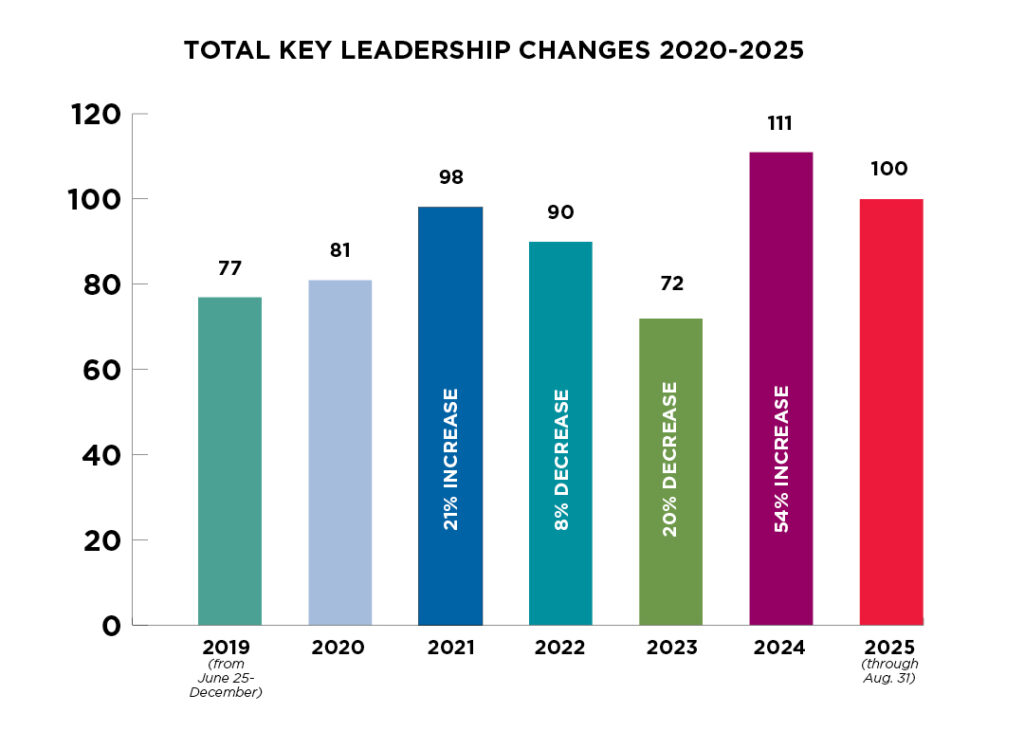The Elbert Files: Is U.S. tax reform just a joke?

DAVE ELBERT Nov 14, 2017 | 6:16 pm
3 min read time
610 wordsBusiness Record Insider, Opinion, The Elbert Files“It’s déjà vu all over again,” said a voice from behind on a bright, crisp morning as I neared the Des Moines Art Center.
“It is a nice day,” I replied to my old friend K.C. “Too bad we had to jump straight to winter. I could have used a few more Indian summer days.”
“Just be glad we didn’t get any hurricanes,” K.C. said.
“We don’t get hurricanes in Iowa,” I replied.
“Not yet,” he said.
“Well, at least the weather has put you in a good mood,” I said.
“The weather has nothing to do with it,” he responded. “It’s tax reform. That’s what I meant by déjà vu. Congress is reprising the comedy act it put on in 1986,” he said, referring to the last time major changes were made to federal tax laws.
“I’m not sure which is more entertaining, the changes they want to make or the gnashing of teeth they’re producing,” he said.
“You really are cynical,” I said.
“Look at the history,” K.C. retorted. “In 1986, at least it was bipartisan. Ronald Reagan was president and Democrats controlled the House and the Senate.
“Then, like now, they said they wanted to simplify things. They even said the changes would allow most people to do their federal income taxes on a postcard.
“That never happened. By the time they were done, the tax code was more complicated than ever. People who had been doing their own taxes soon discovered that the 1986 law contained so many complex new deductions and incentives that it was suddenly worth the cost of hiring a tax professional,” K.C. said.
“But,” I said, “this time they’re talking about getting rid of or simplifying a lot of those deductions. And they’ll compensate by lowering the tax rates so people will actually pay less.”
“Not according to the numbers I’ve seen,” K.C. said. “Like I said, déjà vu. Sure, some people will pay less, but others who make the same amount of money will pay more. It all depends on individual circumstances.
“One group that’s going to get hit hard is people who operate really small businesses. I’m talking about one-person operations. Instead of paying 15 percent on income of up to $77,400, they’ll have to pay 25 percent.
“And look at the deductions they want to get rid of. They talk about eliminating, or at least limiting, the mortgage interest rate and charitable deductions. That’s going over like a lead balloon. They tried something similar in 1986. It didn’t work then, and it won’t work now.
“If you suck all that money out of nonprofits, who picks up the tab when things go bad? The Red Crosses and United Ways and churches will have to cut way back on the good they do, because they won’t have as much money,” K.C. said.
“They also want to eliminate deductions for state and local taxes,” I said.
“They can’t do that,” K.C. said. “This country was founded on the idea that you can’t impose a tax on a tax. That’s exactly what we do if we don’t allow deductions for state and local taxes.”
“What about reducing the number of tax brackets?” I said. “That sounds like it will simplify things.”
“Sure,” he said. “It did in 1986, too, until George Bush Sr. had to walk it all back in 1990 by increasing the number of brackets and the rates after the economy went sour.
“It didn’t grow the economy back then, and it won’t now,” he said.
“What’s really funny,” K.C. said as he headed west along Grand Avenue, “is they said they could do all of this before Thanksgiving.”









